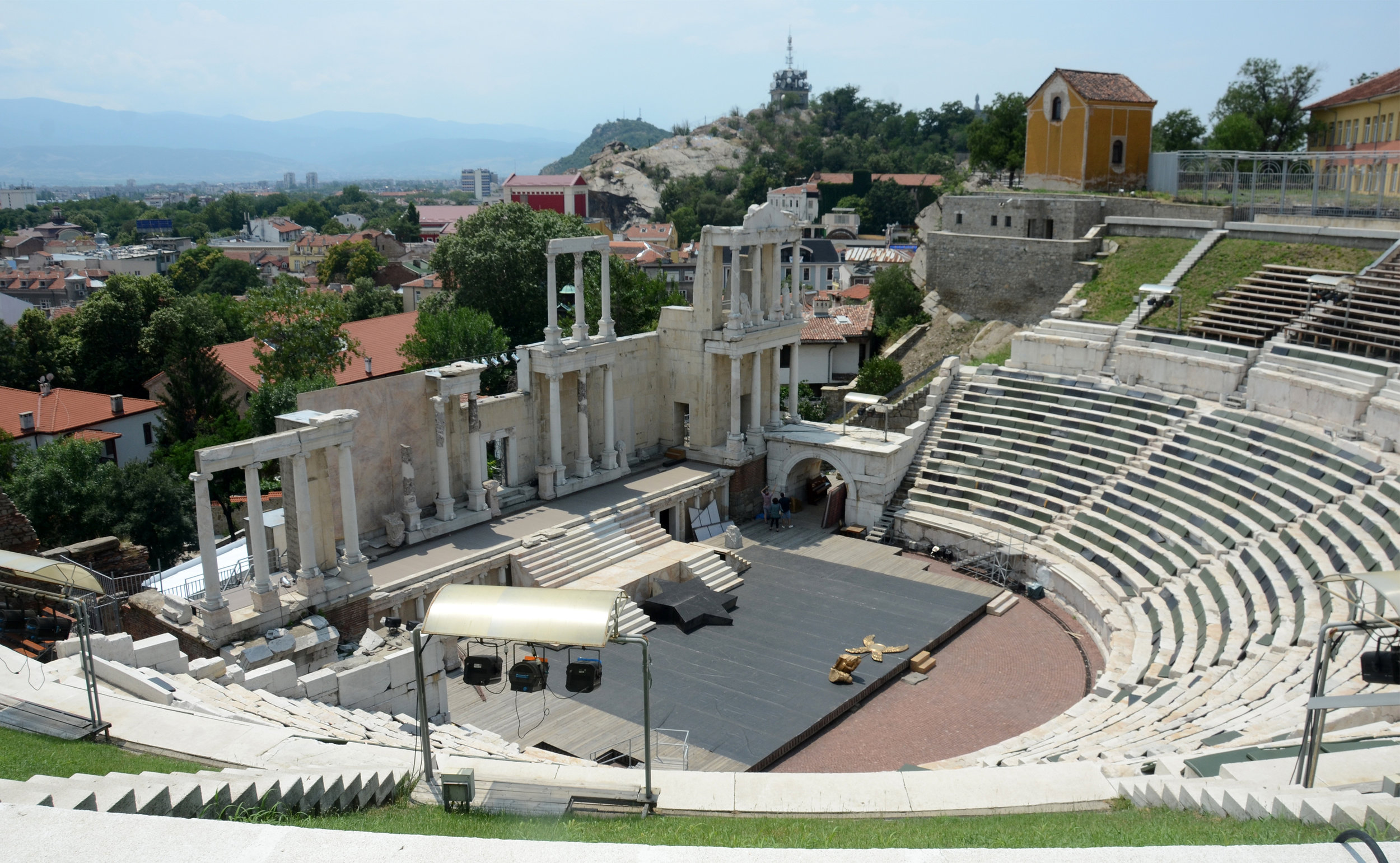EVOLUTION
Though Bulgaria today celebrates great wine and a rich, ancient cultural heritage, the nation's complete story is complex and marked with periods of difficulty. Founded in the 7th century, Bulgaria is one of the oldest states in Europe. However, geographically situated at a crossroads between Europe and Asia, Bulgaria has experienced strong influence from the outside. Most notably, Bulgaria was under Turkish occupation for nearly 500 years, ending in 1878. Then, for nearly fifty years following WWII, the political and economic philosophies of the Soviet Union and communism dominated, ending in 1989.
Since then, Bulgaria has experienced renewed growth and investment in both the broad economy and, more specifically, the wine industry. European Union membership has made commerce with the E.U.'s other 27 nations easy and open. With respect to the wine industry, new smaller producers that focus on quality and uniqueness are now flourishing, in stark contrast to the days of socialism and a single state operator.





